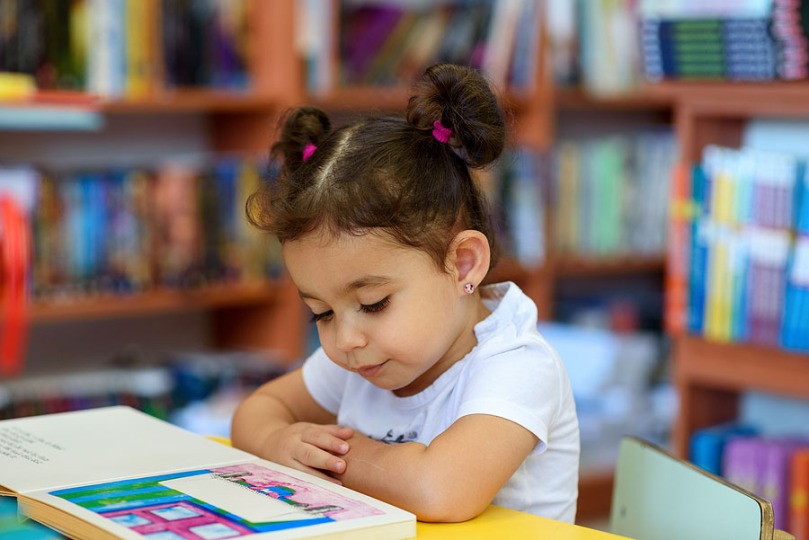
Many experts say that learning about calendars in preschool is not the correct way to learn. The argument is that young children cannot grasp abstract concepts such as the days of the week, and trying to teach them too soon will confuse them. On the other hand, Maria Montessori observed that children learn more readily when they are young, and fully supported learning about calendars. In fact, a perpetual calendar– one that can be used indefinitely– is commonly found in Montessori classrooms and is often introduced as a preschool activity that allows children to manipulate the calendar as they learn.
- Routines and Schedules
The minds of Montessori preschool children can be compared to dry sponges that eagerly absorb knowledge about the world and how they relate to it. At the same time, kids perform better when they have set routines and schedules to help them mark the progress of their days. By including basic information about calendars as part of their daily education, parents and teachers provide children with a missing tool for tracking their existing routines. Learning about calendars at an early age is often easier for preschool children than it would be a few years later.
- Relatable Connections
Simple calendars can be used to know the day of the week or simple things like keeping up with seasonal changes. One way to help preschoolers with this is to have children keep a journal that includes the date and day of the week. Even though these delineations have little or no meaning at the beginning of preschool, they will become less abstract and more tangible as children begin to see the patterns connected to different days. Once they grasp these connections, kids will start to associate more readily with first the weekly days and then the monthly weeks.
- Math and Language
Calendars are excellent for learning to count because every calendar has a predetermined number of elements that can be expressed with numbers. Additionally, calendars help children expand their vocabulary by teaching them new words like the name of the days of the week, the names of months, and more. Calendars also show how items like days can be grouped together into sets that can contain a specific number of items.
- Preparing for the Future
Calendars will become more important as children get older, and absorbing the basics at an early stage provides a practical framework for future advancements. Calendars help create schedules, and hold the clue to finding out when special events take place, including birthdays, favorite holidays, and more.